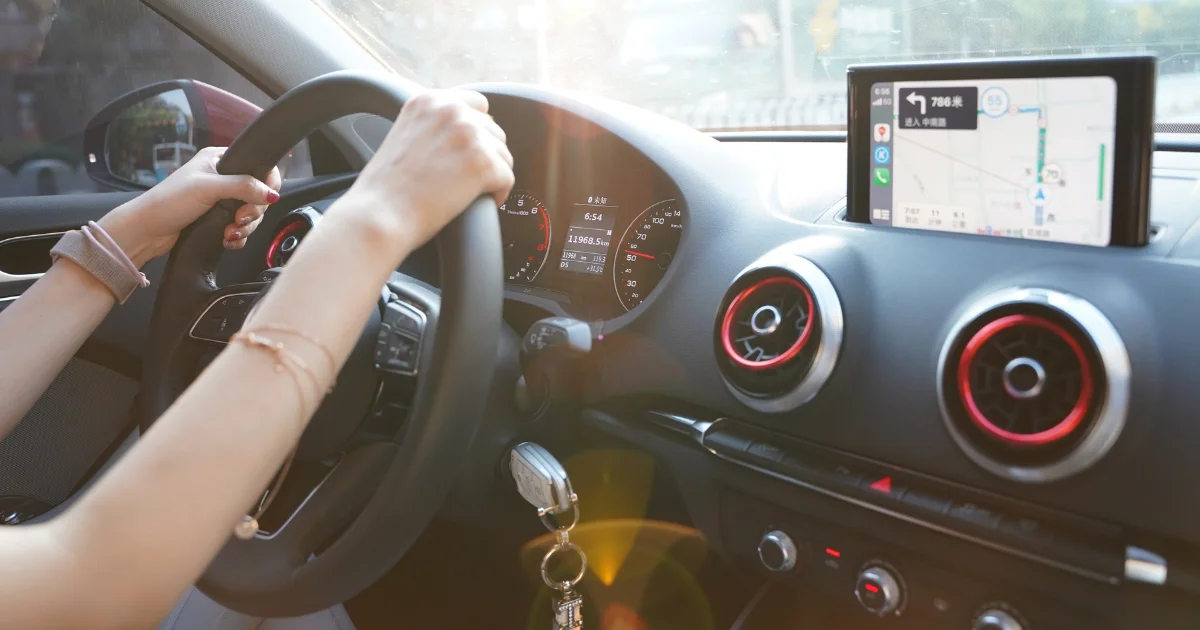Florida is the Sunshine State. It is where people go to find endless sunny days and gorgeous beaches. It is so easy to picture Florida as the ultimate vacation destination. That is why it is so jarring to discover that Florida ranks third on the list of states with the highest number of car accidents in 2022.
That year saw 397,530 crashes across the state, leaving 252,146 drivers and bystanders with horrific injuries. Florida is on its way to repeating this unwelcome achievement. The figure for 2023 is terrible already: 368,213 accidents between January and December, with 2,891 of them fatal.
It is estimated that 246,000 of 2022’s total were single-vehicle crashes. Single-vehicle crashes refer to accidents that don’t involve another car. Florida also experienced 3,652 traffic fatalities in 2022. Two thousand three hundred of these were caused by single-vehicle accidents.
These statistics are grim. They also show that thousands of devastated families are left with unanswered questions.
Single-vehicle crashes happen because of many reasons. When unpacking Florida’s single-vehicle accident fatalities, it is essential to consider these factors.
Types of Single-Vehicle Accidents
There are many types of single-vehicle accidents. These may happen because of driver error or something beyond a driver’s control. One of the most common accident types in Florida is rollover or skidding. Human error is often to blame for rollovers.
A rollover typically happens when the driver is distracted or fatigued. Driving styles like oversteering or taking a turn too sharply can cause dangerous skidding.
Other types of accidents include hydroplaning on wet roads or sideswiping a guardrail. Sometimes, potholes can cause terrible accidents, especially if the driver sees them too late.
See Also: 5 Benefits of Auto/ Car Insurance – Why You Should Care
Risk Factors for Single-Vehicle Accidents
Around 1,050 car accidents happen in Florida every day, as of 2022. Some drivers involved were distracted by various things or driving too fast. Others decided to drive while under the influence of alcohol or drugs. Some were fatigued, while others ignored severe weather and got in their car anyway.
These are all risk factors for single-vehicle accidents, as well as reckless driving and too few sidewalks.
However, it seems that distracted driving is one of the main reasons drivers crash their cars in Florida. Drivers are eating, drinking, or smoking behind the wheel. They hold their phones in one hand and take their eyes off the road while talking.
Some of them even try to text and drive at the same time. Texting is one of the most dangerous distractions for drivers not only in Florida but everywhere else.
The Cost of Single-Vehicle Accidents in Florida
While the Florida Department of Highway Safety and Motor Vehicles hasn’t attributed a specific cost to single-vehicle accidents, the overall costs of accidents in the state are staggering. Apart from the fatalities in these accidents, over 250,000 people are injured every year.
The medical costs for this alone are estimated to be $46 million every year, and the cost of lost income is around $4.35 billion.
NHTSA released a cost methodology in June 2023 to estimate the tangible economic costs of traffic crashes in Florida. This report revealed that car accidents in 2022 led to an economic burden of $107 billion for societal harm. This figure includes $27 billion for purely economic costs and $80 billion for quality of life.
Who Is at Fault for Single-Vehicle Accidents?
The driver is almost always found to be at fault for a single-vehicle accident. However, other factors may shift the blame elsewhere. If a motorist drives too fast or is distracted and they crash their car, they are at fault. However, they cannot be at fault if they were trying to avoid an accident with a reckless driver.
If someone crashes their car because of an unmarked municipal hazard on the road, they are not at fault either. For example, if the road doesn’t have a noticeable shoulder or proper lightning at night, it is a crash hazard. This can easily cause a driver to swerve or brake hard at the last minute, leading to an accident.
Sometimes, a car unexpectedly fails while on the road. A driver is not at fault if a mechanical issue causes an accident. However, the car defect must be unexpected and sudden.
How Can Florida Fight the Increase in Fatalities?
Some risks apply to all types of accidents, including single-vehicle crashes. This includes drunk driving and not wearing a seat belt. These can all contribute to fatalities during a car crash. The U.S. Department of Transportation revealed the National Roadway Safety Strategy (NRSS) in 2022 to try and fight the increase in fatalities in Florida and other states.
This strategy encourages drivers to drive according to the speed limit and wear seat belts. It also highlights the penalties for speeding and drunk or distracted driving.
The NRSS also wants to make roadways safer for drivers. This will help reduce driver errors and promote safe travel. Safe roads are vital for drivers with disabilities.
Moreover, the NRSS seeks to expand vehicle features that can help prevent accidents. These features will also limit the impact of a crash on drivers, passengers, and bystanders. The strategy supports the ongoing development of collision avoidance, turning detection, and other autonomous technology.
The NRSS also aims to provide more traffic roundabouts and curb extensions. Along with this, it will bring better signage to accident-prone locations. Teaching drivers about the consequences of speeding and reckless behavior is part of this effort.
Lastly, the NRSS makes it more likely for drivers to survive accidents by creating better access to emergency medical care. It creates a safer environment for first responders and helps prevent secondary crashes by using traffic incident management strategies.
Must Read: Tips for First-Time Commercial Trailer Renters
The Road Ahead
Roadway flaws, environmental risks, and driver error all play a massive role in Florida’s excessive number of single-vehicle accidents and fatalities. The only way to reduce on these accidents and others is for the state to strictly enforce laws, improve dangerous roads, and educate motorists, especially new drivers.
Saving lives on Florida’s roads goes beyond just the NRSS. It requires a collective effort from all communities, drivers, and lawmakers and the strict implementation of Florida’s Safe System Approach.





